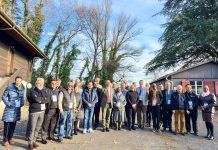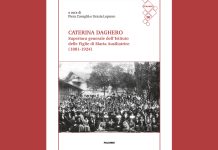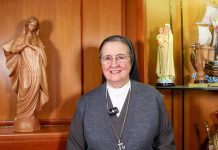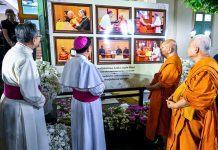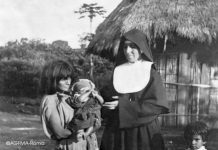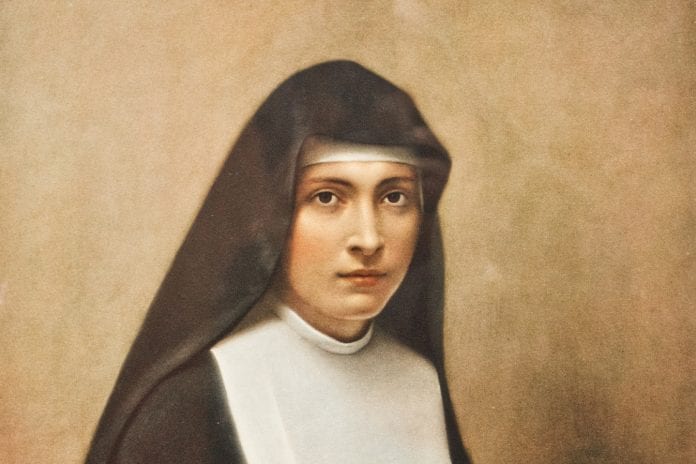Rome (Italy). February 2, 2021 marks the 120th anniversary of the entrance of the Venerable Sr. Teresa Valsè Pantellini into the Institute of the Daughters of Mary Help of Christians.
Born in Milan on 10 October 1878 into a wealthy family that moved to Rome after the death of her father on 1 February 1901, the young Teresa presented herself at the FMA House in Via Marghera, in St. John Bosco Province (IRO), to begin the first stage of the journey of religious life. The “irrevocable” choice which leads her to respond to the vocational call, is the result of the discernment matured in dialogue with the confessor, Fr. Federico Bedeschi, who supports her in the difficulties posed by her aristocratic condition to enter an Institute that took care of the poorest girls.
In 1903 she made her first profession in Nizza Monferrato and returned to Rome as a professed sister, where she was loved by young people who felt the charm of her smiling and kind presence. Due to her fragile health, she spent a lot of time in Piedmont and died of tuberculosis in Turin in 1909, after only six years of religious life.
In 1926 the canonical process begins, which on 12 July 1986 reaches the declaration of venerability. The mortal remains of Venerable Sister Teresa Valsè Pantellini are found in the FMA Chapel of the Sacred Heart, O.L. of Grace of Nizza Monferrato (Asti) – Piedmont Province of Mary Help of Christians (IPI),
In an interview, on the initiative of the Historical Archive of Nizza Monferrato, Fr. Pierluigi Cameroni, SDB, Postulator General for the Causes of Saints of the Salesian Family, speaks of the stages that marked the journey of holiness of Sister Teresa Valsé Pantellini.
Teresa undergoes a process of human and Christian maturation, the fruit of a discernment in which she faces many difficulties. How did you manage to make a synthesis, without getting discouraged, to decide “irrevocably” and forever?
Retracing her short life – because she died at the age of 28 – it struck me that her life is marked by “stages of no return”, by crucial passages, for example when at First Communion, she promises to be “all His”. Great choices mature in small choices and Communion marks a crucial passage in her life, because it highlights the passage of Grace in her life.
A second element is the choice to enter among the FMA. Sister Teresa came from a rather noble family and congregations that welcomed people from her social world were indicated to her. Instead, she is fascinated by the Salesian sisters, by their work of service among the most disadvantaged, most needy girls. Upon entering the Aspirantate in via Marghera in Rome, she feels that the Lord is calling her there and this marks another stage in her life. And thus it is at the time of her illness, of her suffering. She does not endure it, but rather goes through it with a spirit of faith, and she recognizes, even in this season of life, a time of fruitfulness and maturation.
What message is there for the young people?
I believe that a great message for young people is to learn to live well the life that God gives us, making the most of the different stages. The risk of today’s society is that there is no longer any passage. However, life is made up of stages, which represent fundamental turning points in everyone’s journey. In this Sister Teresa is also a great witness for today’s young people.
Fr. Pierluigi Cameroni ends the interview by encouraging people to know and give an ecclesial breath to the figures in the Cause of Beatification, praying for their intercession and spreading their reputation for holiness through initiatives.
One of the proposals of the Historical Archive FMA-IPI, is the direct streaming on the You Tube Channel, of the Holy Rosary through the intercession of Sister Teresa Valsé Pantellini, on the 3rd of each month, at 21:00 (Italian time).


